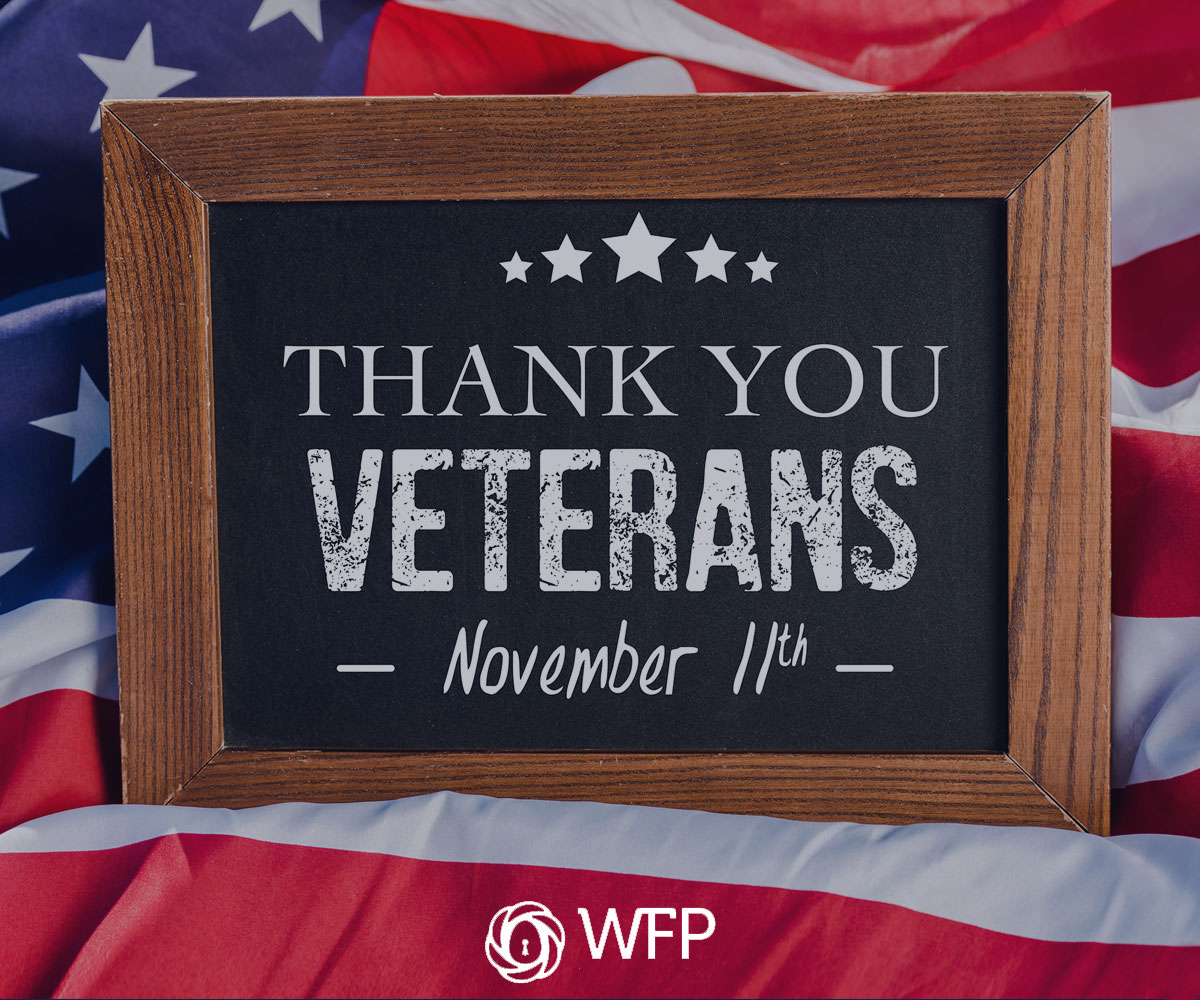 The day after Thanksgiving is known as Black Friday, and a lot of people love to shop on that quasi-holiday, as stores across the country have great sales. We’ve all seen the footage from Black Friday—the fights, stampedes, and general bad behavior. In the face of this greed, you might wonder if loving to shop and obtain assets is wrong.
The day after Thanksgiving is known as Black Friday, and a lot of people love to shop on that quasi-holiday, as stores across the country have great sales. We’ve all seen the footage from Black Friday—the fights, stampedes, and general bad behavior. In the face of this greed, you might wonder if loving to shop and obtain assets is wrong.
It’s not, though stampeding someone to get a brand-new coffeemaker on Black Friday certainly is. There’s nothing wrong with working hard to purchase something you really want. And, when you get the item you want, you should have the tools to protect it. Asset protection is a series of techniques that legally insulates assets from creditors and civil judgments.
Unlike Black Friday stampeders, asset protection follows the law to a T. In this article, we’ll talk about different asset protection tools and how they can benefit you.
Who Is Asset Protection For?
Certain types of people, such as business owners and professionals, are at a higher risk of incurring a lawsuit than others. For example, dentists face a higher number of lawsuits than everyone else, and 39% of these suits are successful (Bureau of Justice). Of those awards, 21% are over $250,000 (the average is $53,000, says the BoJ).
Right or wrong, America is a litigious society. That is why the field of asset protection has popped up as a semi-defense to these creditors seeking judgments. Here are some tools to note when it comes to protecting your assets.
Land Trust
In Florida, a land trust separates equitable ownership and legal title of a parcel of land. The person who establishes the trust is the beneficiary, and they are the ones who contribute or borrow money to buy the property (i.e. the economic owner). Land trusts provide you with privacy of ownership of this real property, and they are a great asset protection shield.
Business Structures
Some business structures, such as a corporation or LLC, provide asset protection from creditors. An LLC in particular is the most popular tool for holding real estate.
Corporation
Corporations can help protect assets, as they work as a limited liability tool for officers, directors, and shareholders. This business structure can protect your assets from those coming to collect corporate debts or other claims. It can even serve, sometimes, in the right conditions, as a barrier to a breach of contract judgment (something many business owners experience).
LLC
An LLC is not only a fantastic way to hold real estate; it also is a great protection tool for stock market investment portfolios. A Limited Liability Company has the same asset protection benefits that a limited partnership does. A creditor cannot take your interest in an LLC, and a judgment usually cannot take your personal assets in the event of a business dispute.
Equity Stripping
Equity stripping reduces the amount of equity you hold in a property, making it unattractive to creditors. Unfortunately, this tactic, which became widespread in the 2000s, has also been used by predatory lenders who want to take advantage of homeowners who are facing foreclosure. Though equity stripping can be successful, it does not always work. Tax liens, for example, will always trump whatever lien you levy against your property, wrecking chances you have at protecting your assets.
Offshore Trust
This conventional trust is formed under the laws of an overseas (offshore) jurisdiction. This estate planning tool, essentially, grants an individual some jurisdiction outside of America. The individual’s assets are transferred overseas, where they are generally placed under the supervision of estate plan/financial managers. An offshore trust is asset-protective, but it is expensive to set up, generally costing between $12,000 and $25,000.
As you can see, there are multiple ways to protect your home, some of which are not included on this list. Talk to an estate planning attorney today if you feel that asset protection fits your financial situation.
 Well, we can tell you right now what we’re thankful for: being experts at drafting estate plans. Thanksgiving is around the corner, and, just from the name, we all know that this holiday is a season to be grateful for what you have. This year, Thanksgiving (AKA Turkey Day) falls on Thursday, November 24th.
Well, we can tell you right now what we’re thankful for: being experts at drafting estate plans. Thanksgiving is around the corner, and, just from the name, we all know that this holiday is a season to be grateful for what you have. This year, Thanksgiving (AKA Turkey Day) falls on Thursday, November 24th. This Friday, November 11th, we’ll celebrate a holiday that calls on us to remember our veterans and what they have sacrificed to keep us safe. Veterans’ Day has been observed for sixty-eight years, and it is a federal holiday, which means a lot of people have the day off to reflect.
This Friday, November 11th, we’ll celebrate a holiday that calls on us to remember our veterans and what they have sacrificed to keep us safe. Veterans’ Day has been observed for sixty-eight years, and it is a federal holiday, which means a lot of people have the day off to reflect.